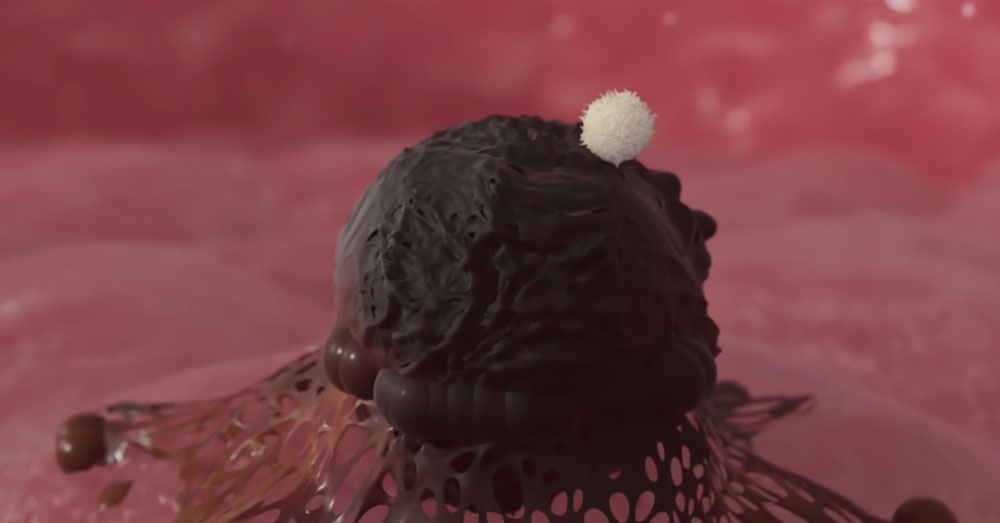Cancer is dangerous because it is good at evading the immune system. Chimeric antigen receptor T (CAR-T) cell therapy has the potential to revolutionize cancer treatment and SUNY Distinguished Professor Clinton Rubin of Stony Brook University wants to make it more cost effective, accessible and timely for patients in need.
T cells, which develop from stem cells in the bone marrow, help protect the body from infection. With CAR-T immunotherapy, doctors remove the patient’s own T cells from the bloodstream, genetically engineer the cells with a specific receptor that will target cancer cells, and then reinfuse them back into the patient so they can find and home in on and kill cancer cells that they ordinarily wouldn’t be able to see.
Rubin, who is the founding chair of Stony Brook’s Department of Biomedical Engineering, performed pioneering work in understanding the role of mechanical signals in defining the musculoskeletal system, and then used these signals to treat injury and diseases such as osteoporosis and obesity.
The problem with the current approach to CAR-T immunotherapy, he explains, is that the bioreactors used to modify the T cells are expensive and the genetic engineering process can take up to two weeks. Reducing that time by as little as 3-4 days would give the cancer less time to grow and result in better patient outcomes. With the Technology Accelerator Fund, the project is coming closer to helping patients reach that timeline.
“TAF provided proof of principle funding to use our own strategy and our own intellectual property to see if this noninvasive mechanical strategy works to accelerate proliferation of T cells,” said Rubin.
“What keeps me going is the hope that my science helps people,” Rubin explains. “The impact is to leverage the wonderful therapeutic value of CAR-T and make it available sooner for more people.”
Watch Professor Rubin explain his work in the video below:




